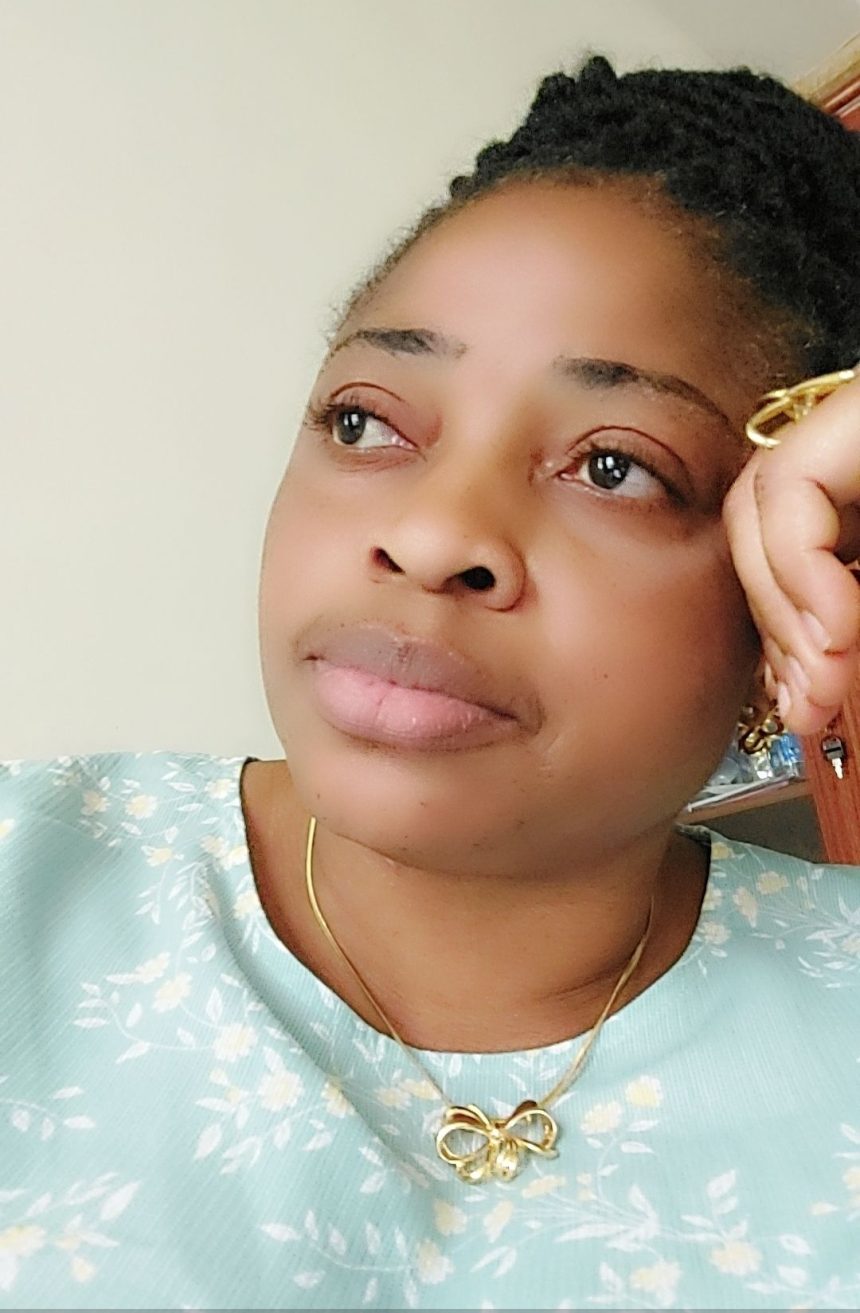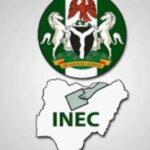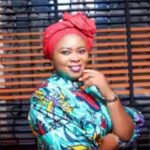Who are “the cabals”?
The million dollar question every patriotic Nigerian wants answered. When I pondered over this topic, I couldn’t point my finger on where we got it wrong as a country. I asked myself questions upon questions without answers. Then the popular song “if you ask me”, by one of Nigeria finest singers, Omawumi Megbele, known by her stage name Omawumi, started playing in my head: If you ask me, na who I go ask? The matter wey we see so, e tay way e start, no be me go talk am, e heavy for mouth, if you ask me, the matter for ground, eh Na who I go ask?
The name cabal has been in the Nigerian system for as long as I can remember. We cannot run away from asking who these faceless people are, yet powerful in the Nigerian polity. Who are the masked cabals in Nigeria that are so difficult to unmask? Why do they seem untouchable? They are a force to reckoned with in nation’s governance, they operate behind the scenes. Insecurity, oil subsidy, politics, depreciation of the Naira, change of Naira notes, amongst others, the role of cabals cannot be over-emphasized.
Cabal according to the Oxford dictionary, is a secret political clique or faction. Some conspiracy theories, are based on the idea that governments worldwide are in the hands of a powerful cabal. A group of cabal usually promote their views and ideology without the knowledge of those outside. The use of the term usually has negative connotation especially in politics with conspiracy and secrecy.
As a young girl, the first time I heard of the word cabal was about the “IBB boys”, during the Babangida regime as Military head of state, thay dictated the political activities as regards governance. During the Olusegun Obasanjo regime, it was rumored that the then Vice President, Atiku Abubakar, was a key player in a group that to some extend determine policy and appointments. Former President Muhammadu Buhari, at one point while he was still President, refuted claims that some of his aids and relatives had influence on his government and on many occasions, maintained that no cabal was controlling his government.
Buhari, despite denying the existence of a cabal, was said to be controlled by a northern clique, determining the affairs of the country from Katsina State, with names like Mamman Daura, his nephew who was said to lead the pack. Abba Kyari, his all too powerful Chief of Staff, Sabiu ‘Tunde’ Yusuf; a former Secretary to the Government of the Federation, Babachir Lawal.
Nigeria over decades, has faced one insecurity challenge or the other. Efforts of successive governments to nip the trend in the bud always seem to come up against brick walls. From Boko Haram attacks to kidnappings for ransom, armed robbery to banditry, Fulani herders/farmers clashes among others.
Why is insecurity in Nigeria so difficult to overcome? Is there a cabal or cabals benefitting from it? This is worrisome and embarrassing. Tales of a former governor from one of the North-East states with alleged links with Boko Haram gives cause for worry. Are they part of the cabal? Why do terrorists, kidnappers and their likes, have sophisticated weapons, explosive devices, while the Nigerian security forces still managing outdated weapons? Yet trillions of naira is allocated to the Nigeria Ministry of Defence, over the years.
In 2023, the then Minister for Finance and Coordinating Minister of the Economy, Professor Ngozi Okonjo-Iweala, narrated how efforts to scrap payment of questionable subsidies, and how cabals and beneficiaries fought back and her mother’s kidnap and demand for her resignation. Who are these cabals in the Nigeria oil industry? Nigeria has three refineries; Kaduna, Port Harcourt and Warri that gulp billions of naira for maintenance, however, they are yet to function. If these refineries were privately owned, will the story be the same? We live by the bank of the river, yet we have to rely on our spittle to wash our faces. Are there cabals benefitting from petrol imports frustrating local refineries?
I recall during Buhari regime as president of Nigeria, adulterated fuel was imported into the country and the Federal Government admitted to the importation. The fuel did a lot of damage to cars and fuel pumps, yet no report of arrest was made. There is no doubt corruption in the oil sector.
Before fuel subsidy was “removed”, importers shipped in few barrels of oil and claim they had imported millions of barrels into the country. In the end, government will pay bogus amounts for few barrels they claimed to have imported. These people sabotaged the oil sector and I see no reason why their names should not be published. They were benefitting from subsidy.
In 2023, former Kaduna State Governor, Nasir el-Rufai, accused Buhari’s cabal of instigating military takeover. He said the naira redesign policy was designed to cause chaos which could lead to a military takeover. He said the plan was to cause scarcity of naira notes coupled with the shortage of fuel which may lead to serious protests and military interruption of the nation’s democracy. Again, the cabal.
The cabals are largely the problem Nigerians have. Few months ago, the Primate, Church of Nigeria Anglican Communion, the Most Reverend Henry Ndukuba, called on the Federal Government and the Economic and Financial Crimes Commission (EFCC), to intensify efforts in investigating activities of political leaders who have turned themselves into evil cabals and sacred cows. He said public office holders who personalised their positions, constituting themselves into demi gods to be worshiped, must not be tolerated.
The emergence of President Bola Tinubu, has come with a new set of power brokers. Most popular amongst them, is the Chief of Staff, Femi Gbajabiamila, he appears to be the face of the current cabal.
If there is one word that has refused to leave the Nigerian political space and Nigerians have become used to is the word cabal. The situation is not peculiar to Nigeria, it is the same all over the world. The difference is if the cabals are positively or negatively influencing decisions in governance. Every government comes with its interest and cabals.
In Nigeria’s recent history, irrespective of the person or the party in power, there are usually cabals and power brokers who exert influence if elected or not. They decide who gets what from the government in terms of appointments and contracts. In some extreme cases, they even go beyond their mandate in the name of the office holder without his knowledge.
Is this Nigeria; a land of justice, abundant and equal opportunities envisaged by our founding fathers? Or a land of cabals with financial, political interests?






